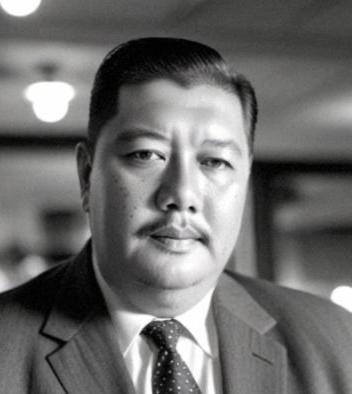By Remy Majangkim, MA63, Activist, Tutor, and Historian
KOTA KINABALU: In recent days, the Prime Minister suggested sending retired Singaporean English teachers to rural areas of Malaysia to teach English to the locals.
I understand the importance of ensuring access to quality education for everyone, and it is great that the Prime Minister has suggested sending retired Singaporean English teachers to rural areas of Malaysia to help teach English to the residents.
This could make a meaningful difference in the lives of the people in those communities.
However, the key word here is that “rural” means an area outside the convenience of “urban” amenities. The definition of rural can vary significantly depending on the specific area, such as between Malaya and the Borneo States.
For instance, a rural Malay village in Malaya may have an asphalt road at best, and at worst, a gravel road. Meanwhile, in the Borneo States, a rural area may require an additional journey by boat, traversing muddy hilly terrain with a four-wheel drive vehicle.
The journey alone could take three to seven hours of a physical ordeal to reach the destination.
I pose this question to my retired aunt and her colleagues over breakfast,
What makes you come out of retirement and teach again with such adverse conditions? A simple answer: no chance.
She further elaborates that her prime time is over and age has caught up with her, as is her daily medication.
She needs her medication for various illnesses and, above all, a good state of mind. Teaching is a laborious task, and if she were given the chance to do it again, she would approach it from a different angle.
First, it is important to understand the issue at hand. The Malaysian education system has not prioritised a reading culture, especially for English materials.
Over the years, English was gradually replaced with Bahasa Malaysia and then Bahasa Melayu. As a result, we are a few decades behind other Asian countries. Now they are recognising their mistake and trying to fix it, but it is not as easy as it may seem.
“These retired Singaporean English teachers will be shocked to know how far behind we are compared to the rest of the world. But there is hope at the end of the tunnel,” she said. “We need to approach it by inculcating a reading culture.”
How can we achieve this? We need to make reading an engaging activity. The idea is to begin in urban areas and then move towards rural areas. English conversation should become a part of their daily lives to generate interest in learning a new language.
The next step will involve reading lots of books to generate interest rather than just learning the language mechanics.
The aim is to sustain interest in writing as a means of expressing oneself, understanding, and comprehending its meaning and definition. These are rare attributes among English students, but they are a basic skill we learned before the change of education policy in Borneo.
So, I would say good luck and godspeed in your endeavour, my fellow teachers, and be prepared for your next adventure.


